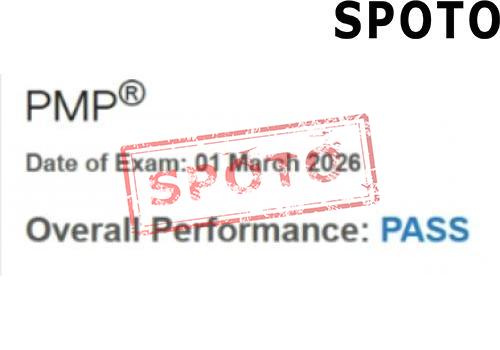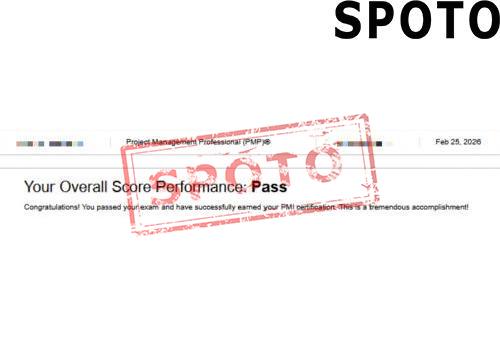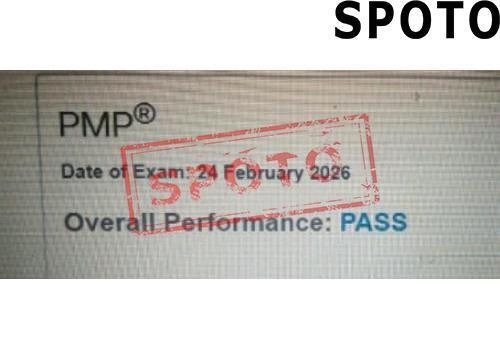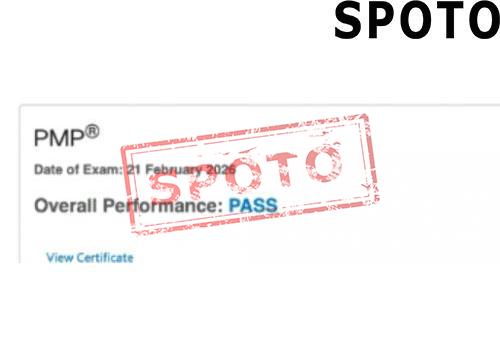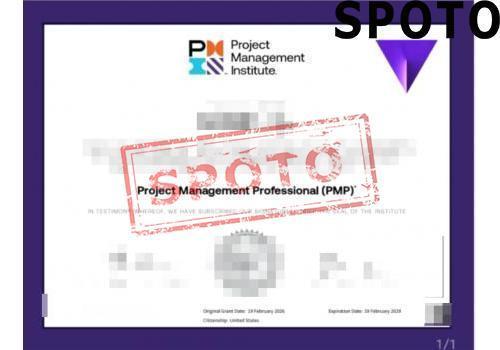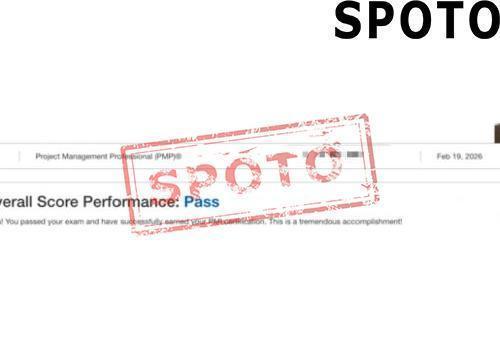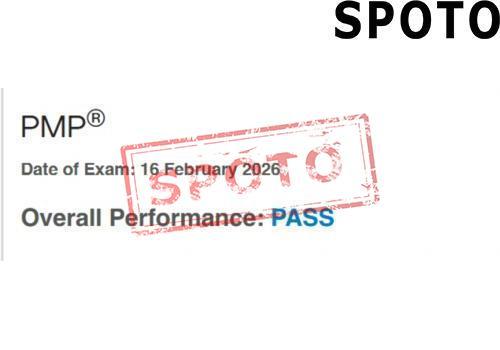
Table of Contents
Have you ever wondered what it takes to oversee multiple projects that drive an organization forward? Or whether stepping into a role that combines strategic thinking, leadership, and coordination might be your next big move? If so, you're not alone. More professionals are exploring program management as a dynamic, impactful career—something that offers not only personal growth but also excellent earning potential.
So, what exactly is a Program Manager?
In simple terms, a Program Manager is a strategic leader responsible for overseeing a set of related projects that contribute to a larger organizational goal. Unlike project managers, who focus on individual projects, program managers coordinate multiple interconnected projects, develop strategies, manage resources, and align efforts with company-wide objectives.
1. What does a Program Manager do?
Roles and Responsibilities
The role of a Program Manager is both broad and vital. They act as a bridge between executive strategies and project execution. Their key responsibilities include
- Strategic Planning: Aligning projects with organizational goals to ensure the program delivers maximum value.
- Program Governance: Setting policies, defining roles, and establishing decision-making structures.
- Stakeholder Communication: Engaging stakeholders early and often, ensuring everyone remains informed and aligned.
- Risk Management: Identifying potential issues before they escalate and formulating mitigation plans.
- Monitoring and Reporting: Tracking progress toward milestones, adjusting plans as needed, and reporting outcomes.
- Collaboration with Project Managers: Providing guidance and overseeing multiple project teams to prevent redundancy and optimize resource utilization.
Think of program managers as the strategic masterminds who keep the entire organization's initiatives moving smoothly and in harmony.
Skills needed to succeed as a program manager
Becoming an effective program manager requires a diverse skill set, blending strategic thinking with leadership and communication. Essential skills include
- Leadership and team management
- Strategic and creative thinking
- Excellent communication skills
- Analytical and organizational expertise
- Risk management and problem-solving
- Negotiation and conflict resolution
- Adaptability under pressure
To hone these skills, SPOTO offers comprehensive courses such as their Project Management Professional Certification, designed to prepare aspiring professionals with the latest methodologies and industry best practices.
2. Why become a Program Manager?
The benefits are compelling:
- Attractive Salary: The average annual salary for a program manager is around $88,339, with higher earnings in industries like technology and finance.
- Job Growth: The field is projected to grow by 12% by 2028, reflecting high demand.
- Diverse Opportunities: Industries such as IT, healthcare, retail, and finance actively seek talented program managers.
- Strategic Influence: You get to shape organizational strategies, influence decisions, and lead change initiatives.
Plus, many program managers start as project managers, gaining experience and moving up the ladder. If you're currently working in project management, upskilling with courses from institutions like SPOTO can accelerate your transition into this strategic role.
Job Titles Related to Program Manager
- Project Manager
- Portfolio Manager
- Program Director
- Product Manager
- Operations Manager
3. How to become a Program Manager?
Breaking into this role involves a combination of education, experience, and ongoing skill development. Here's a quick roadmap:
Obtain a Relevant Degree
The majority of successful program managers earn at least a bachelor's degree in business administration, computer science, or a closely related discipline to establish a solid educational foundation for their careers.
Gain Project Management Experience
Start as a project manager, leading and coordinating projects. SPOTO's project management courses provide hands-on training to prepare you for future leadership.
Earn Professional Certification
Certifications like the PMI Project Management Professional recognize your expertise and boost your credibility. SPOTO's certification prep courses are designed to guide you through the process.
Develop Essential Skills
Cultivate leadership, strategic thinking, and communication skills through specialized training, workshops, and real-world practical experience to enhance your effectiveness as a program manager.
Most successful program managers have a track record of leading projects, managing teams, and demonstrating their strategic value.
4. Conclusion
In our fast-evolving business environment, program management stands out as a role that not only challenges your intellect and leadership abilities but also offers rewarding career prospects. Whether you're currently a project manager or looking to pivot into a strategic leadership position, developing your skills through quality courses like those offered by SPOTO can open doors to exciting opportunities.
Are you ready to take the next step? Enroll in SPOTO's program management courses today, and transform your career with expert-led training tailored for tomorrow's leaders.
